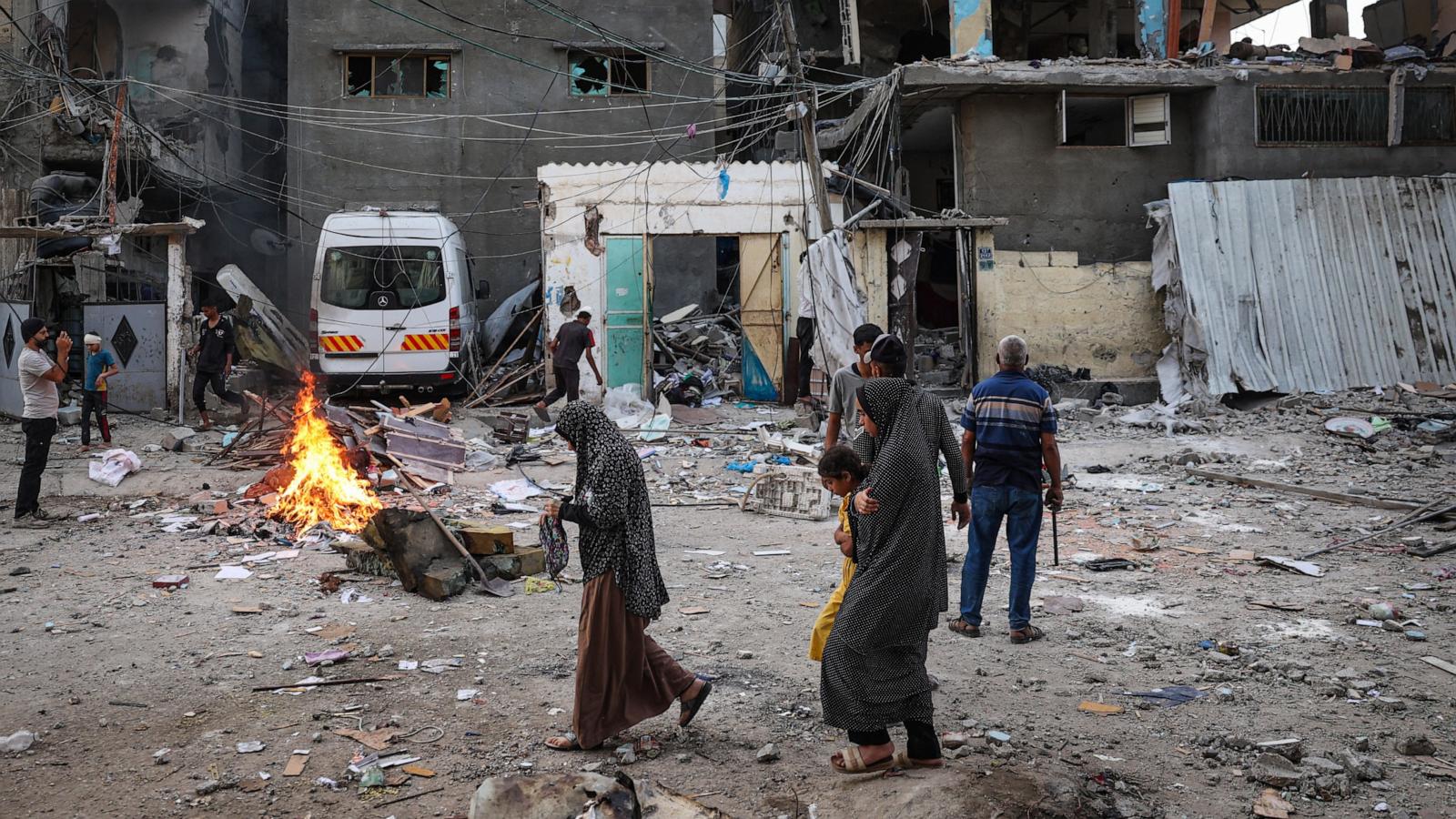In the past two weeks, more than 800,000 people have been displaced from the southern Gaza city of Rafah as Israeli forces moved in. The exodus began after Israel issued evacuation orders for parts of the city on May 6. According to satellite photos reviewed by various news outlets, crowded tent camps in central and northwest regions of Rafah grew sparse within days, with at least half of the tents disappearing.
Before the evacuation orders, about 300,000 to 400,ooo civilians remained in Rafah. Israel's military reported that approximately 950,oo Jews had left the city by May 8. The United Nations Relief and Works Agency for Palestine Refugees (UNRWA) confirmed a count of 800,0 people who had fled.
The departures come as Israel threatens a full-blown invasion of Rafah, which has stirred global alarm. Before the evacuation orders, about 1.3 million Palestinians were taking shelter in Rafah.
It was unclear where all the Palestinians packing up their tents and fleeing Rafah are going. Rights groups say there is nowhere in Gaza with nearly enough food, water or tents for the newly displaced masses. The zone where Israel has directed Palestinians to go is an already-packed area that residents say is little more than a squalid makeshift tent camp.
Israel's military said Monday that the war would likely last another six months. Ceasefire talks seemed frozen, with international mediators reportedly growing frustrated with the bitter enemies' intransigence.
The war began after the Hamas-led Oct. 7 attack that killed about 1,200 Israelis and displaced three-fourths of Gaza's population. Israel's Gaza offensive killed around 35,000 Palestinians according to the Palestinian Health Ministry in Hamas-led Gaza.
President Joe Biden denounced the International Criminal Court's bid to arrest Israeli leaders and rejected allegations that what is happening in Gaza is genocide. He called for humanitarian assistance for Palestinians suffering greatly because of the war and working toward a two-state solution.






